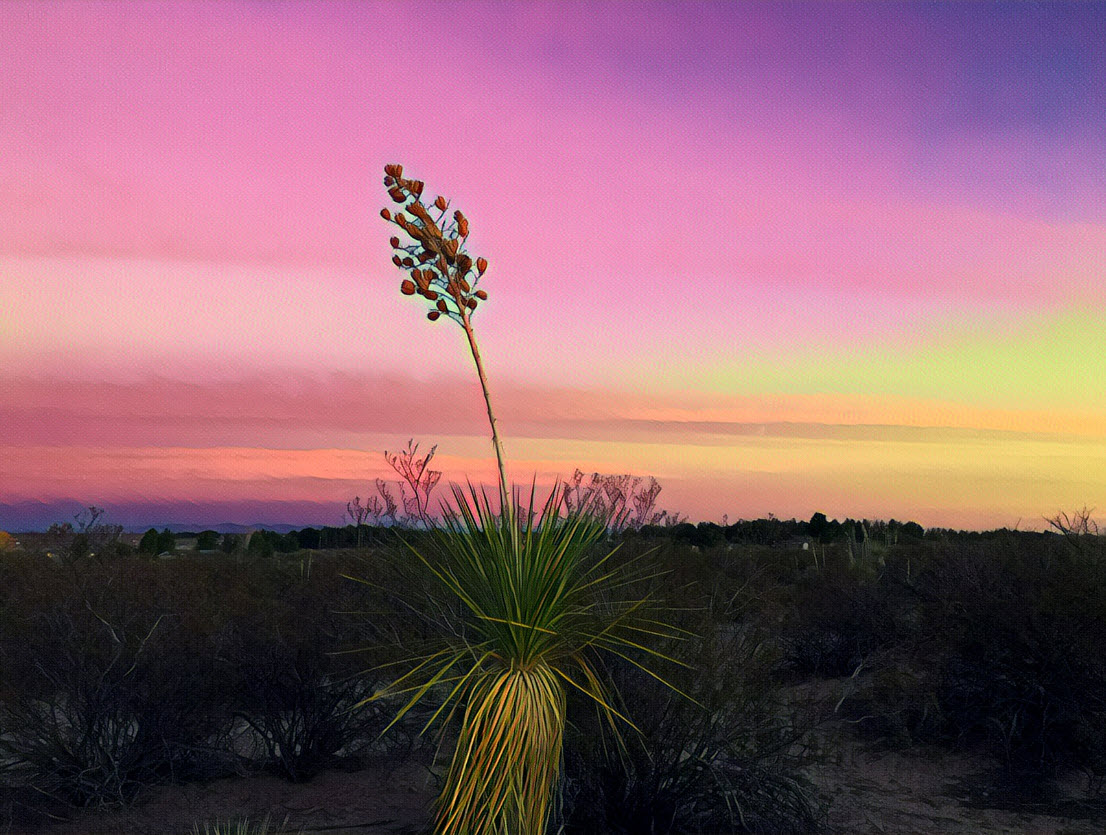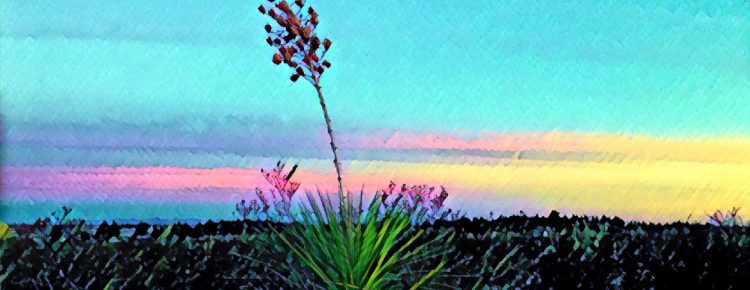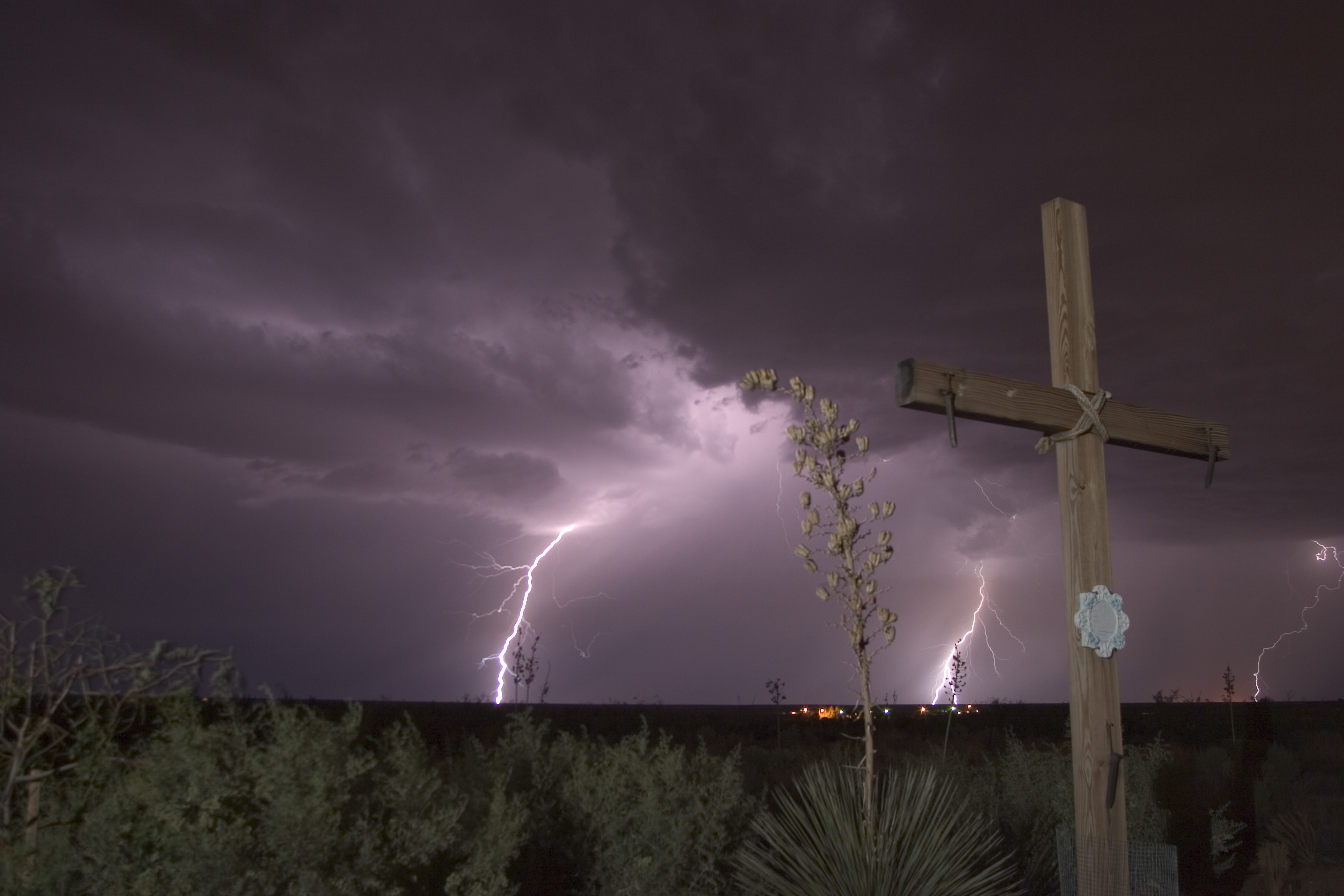Gospel Reading:
Mark 1:1–8
1The beginning of the good news of Jesus Christ, the Son of God. 2As it is written in the prophet Isaiah,
“See, I am sending my messenger ahead of you, who will prepare your way; 3the voice of one crying out in the wilderness: ’Prepare the way of the Lord, make his paths straight,’”
4John the baptizer appeared in the wilderness, proclaiming a baptism of repentance for the forgiveness of sins. 5And people from the whole Judean countryside and all the people of Jerusalem were going out to him, and were baptized by him in the river Jordan, confessing their sins. 6Now John was clothed with camel’s hair, with a leather belt around his waist, and he ate locusts and wild honey. 7He proclaimed, “The one who is more powerful than I is coming after me; I am not worthy to stoop down and untie the thong of his sandals. 8I have baptized you with water; but he will baptize you with the Holy Spirit.”
Reflection
Navigating the New Reality
by David Morrison
One of the central figures of the Advent liturgy is John the Baptist, or John the Forerunner. The gospels set up the context that the Jewish people are completely under the oppressive powers of Rome with no hope for any conventional liberation. Then, suddenly, “The word of the Lord comes to John in the desert.” It’s when everything around us (including ourselves) is reduced to a desert that the Lord initiates new things.
John’s message was: ‘Repent-The time has come!’ The word, “repent” in its essence means “metanoeo,” which refers to a spiritual turnaround, but also means to be open to something new or unheard of. Thomas Cahill writes, “This ‘new’ word is not just good news, it is THE best news ever.” John embodies the contemplative life in that his birth comes in the silence of his father, Zachariah (remember, the angel struck him speechless until after his birth). John emerges with an identity as “the last of the prophets,” or the “forerunner.” He then begins to interiorize the obscurity of the desert by letting go of this identity: He moves from being “John,” to just a “voice in the wilderness.” Our spiritual journey takes us into the same experience as we move from an old reality into ever renewed ones. Thomas Keating describes how disconcerting this process can be:
“Whenever we accept the invitation to let go of our present level of relating to Christ for a new one, it may feel scary A comfortable relationship with Christ–our own little world of reading, prayer, devotions, or ministry–is good. But just as the life process moves on day by day, so the grace of Christ relentlessly calls us beyond our limitations and fears into new worlds.”
John proclaimed the coming of a new reality which was already breaking in—the ‘Realm of Heaven.’ In John’s gospel, Jesus referred to it as “eternal life.” Paul called it ‘the New Creation,’ while John the Revelator saw it as the ‘New Earth.’ It requires a change of paradigm, or expectation to see the reality of God’s love breaking into the world today. Repentance is not an end in and of itself for the sake of moral excellence (which only leads to a pious superiority). Rather, repentance is the removal of distractions that keep us from perceiving the presence of God within us and all around us. It is a preparation to see God in a whole new light and in the new reality. We need this change because we tend to make God into a blank screen onto which we project our American dreams and cultural prejudices, and even our previous legitimate experiences of truth. God calls us beyond these and into the ever-deepening values of eternity: faith, hope, and love.
Prayer:
Prayer while lighting the second candle each evening:
O King of all nations, Jesus Christ,
only joy of every heart,
come and save your people.


Witness in the Desert (edited photo, David Morrison: 2019)



